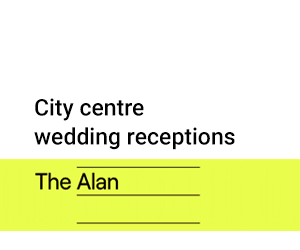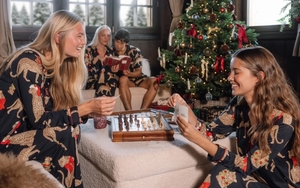Timbuktu to Tiraspol, Greenland to Guinea - Lupine goes where few tourists tread
“A lot of locals thought it was a joke at first,” laughed Dylan Harris.
We were talking about his company Lupine Travel, which offers small-group tours to an array of destinations that are “unconventional” to say the least: Cameroon, Equatorial Guinea, Lebanon, Socotra, Transnistria… they’re just for starters. Before COVID and the war in Ukraine, Lupine had North Korea and Chernobyl in its catalogue to boot.
“We were the first UK company to feature it,” said Harris of the latter, “and even acted as fixers for the Top Gear team when they filmed there.”
Away from the hordes and well-worn tourist routes, the places you visit and experiences you have feel more genuine. Instead of hawkers trying to sell you souvenirs, you meet inquisitive locals happy to see people visiting their country. And then there are the sights to see and activities…
Lupine is based in Wigan which is perhaps not the most obvious place for such an exotic enterprise. “We’ve probably had about five Wiganers on our trips in 15 years. Whenever I hear a Wigan voice call the office, I know it’s a wrong number,” Harris chuckled, “but I like it here, and have a lot of friends and family in the area.”
Wigan also stars in one of Lupine’s most eye-catching excursions, which starts in the west Manchester town and goes all the way to Iraqi Kurdistan. It’s an adventure which sees travellers take the train through an assortment of alluring European cities before crossing into an oft-overlooked region that’s replete with stellar scenery, mountain villages and relics of a troubled past. Much of the itinerary loosely follows the journey that Agatha Christie took from London to Baghdad, ultimately inspiring her famed novel Murder on the Orient Express.
It’s safe to say Lupine isn’t your average company, and Dylan Harris isn’t your average Joe. Even as a child, he was fascinated by the prospect of exploring the world and was transfixed by an atlas he was given for Christmas. On family holidays to campsites and caravan parks around Britain, meanwhile, he’d pour over the AA road map, marking off places they visited and seeking new hills or mountains to climb. His dad kindled his curiosity with tales of trailblazers like Shackleton, while his mum rented National Geographic videos for him from the library.
Initially, Harris never dreamed he could make a career from his wanderlust. After university, he worked a variety of jobs, dabbling in his other main passion of music as a promotor on the side; eventually the music grew so successful, it became his full-time occupation. “I was putting on gigs with bands like Arctic Monkeys, Foals and so on. It was the early 2000s and I was in the right place at the right time.”
With the luxuries of a decent income and some free time, he started travelling: first Interrailing around eastern Europe, an area that had always intrigued him.
As he told Bradt Guides: “Growing up in the eighties, every time the news was on it felt like there was another huge story from the region: the Soviet Union, Chernobyl, Ceausescu, the Berlin Wall. The constant mention of the ‘Iron Curtain’ made it sound like a forbidden zone. To finally be able to travel there and see the sights of very recent history was so rewarding. From that trip onwards, I knew that I’d never be happy with a traditional package holiday again.” Alongside a love of offbeat adventure, it also sparked a realisation that meeting local people could transform a visit: “I wasn’t keen on Moldova at first and was about to leave, but then I met a Moldovan band and ended up hanging around with them for few days. They changed my perception, and became lifelong friends.”

After exploring every European country, Harris moved onto planning an epic train journey across Europe into Russia, Mongolia, China and North Korea for 2007. “There was little tourist infrastructure at the time and arranging things on the internet wasn’t so easy, especially in those kinds of places. It took months of planning and making dodgy Western Union payments to various people in China and Siberia. Fortunately, save for one transfer, every one of them came through!”
And, as he commented to Bradt, the effort was worthwhile: “It was a truly life-changing trip. There were so many highlights: the incredible beauty of Olkhon Island in Siberia and Gorkhi-Terelj National Park in Mongolia, the bizarre experience of travelling around North Korea [somewhere he emerged from with more questions than answers, and an unexpected pull to return], and of course the train journey itself. I still remember the conversations I had with the ever-changing cast of Russians, shamans in Siberia and nomads in Mongolia. I think previously I’d always subconsciously had quite a Eurocentric view of the world, but the people I met on this trip really helped to open my mind.”
It was on returning from that seminal journey, having built up a large network of trusted contacts, that Harris had the idea to found a company offering tours to such regions: those that could be daunting and time consuming to visit independently but which he knew were so rewarding. And so Lupine was born in 2008, starting as a small side business with just three itineraries before growing - like his music career before it - to become a full-time enterprise.
That’s not to say music completely took a back seat. He still loves discovering the local scene when travelling, from Iran’s “hidden” party culture to Ethiopia’s burgeoning jazz and techno. And occasionally music and travel have colluded in strange ways; while in Estonia, for example, a chance encounter with some promotors led to him bringing Happy Mondays’ Bez over for a DJ set. “[After that] I was looking to see if I could set something up in North Korea for him just to see how far I could push things,” he told Vice, “until I realised there was no other possible outcome to Bez in North Korea than a long hard jail sentence for us both.”
But Ethio-jazz and Madchester mavericks aside, Lupine is now its founder’s main concern. Employing eight office staff and a network of remote workers too, the unusual firm has expanded to cover more than 45 countries: as ever, focusing on destinations that are impossible or relatively difficult to travel to alone. Inspired by Harris’ initial experiences in low-paid jobs with little annual leave, trips also aim to be budget friendly and take a maximum of two weeks (though sometimes with optional extensions).

While Harris doesn’t relish the stress and red tape some areas present, Lupine’s portfolio has grown thanks to his belief that more “difficult” and less-visited sites often have lots to offer. As he continued to Bradt: “Away from the hordes and well-worn tourist routes, the places you visit and experiences you have feel more genuine. Instead of hawkers trying to sell you souvenirs, you meet inquisitive locals happy to see people visiting their country. And then there are the sights to see and activities to do.” He reeled off highlights like wildlife safaris in Chad, staying with remote tribes in South Sudan, trekking to the Tiger’s Nest monastery in Bhutan and visiting ancient sites like Persepolis in Iran, Leptis Magna in Libya and Palmyra in Syria.
Granted, the Wiganer’s personal travels haven’t all been plain sailing - hair-raising incidents span being falsely accused of having an affair with a married woman and put under house arrest in Iran (worse, the death penalty was likely for a convicted foreigner) to being detained near the Afghanistan border in Uzbekistan and wrongly accused again, this time of drug smuggling. Then there was having to flee during the night, past upturned burning cars and balaclava-clad paramilitaries, when he was unexpectedly caught up in Nicaraguan anti-government riots. These are the exception rather than the rule, though; 99% of trips have been relatively smooth, and those negative encounters have helped shape Lupine’s robust safety policy and unblemished record.
It's a big world. So many places to travel, so little time. Where do you even begin?
Let us help you out.
Here is one country from every region of the world we think everyone should visit.https://t.co/dKve3BEgQy
— Lupine Travel (@LupineTravel) September 1, 2022
“During trip research we use a range of sources to assess if, or where in, a country is safe: not just the UK Foreign & Commonwealth Office as this doesn’t always reflect an up-to-date picture. We use private security advisors, local government, military, journalists, village chiefs and more.” Lupine then tailors a relevant itinerary and tests it - “occasionally we even take some of our longstanding customers, they’re happy to be guinea pigs!” - before putting on public sale.
Every tour has a personally vetted native guide plus a Lupine guide for extra reassurance and, in places like North Korea, travellers are prepped on behavioural norms to avoid any blunders. Where relevant, resident informants are used to monitor potential issues during the expedition, though departures are cancelled or changed beforehand if the team foresees a problematic situation (fortunately this rarely happens). The company has maintained an excellent track record and customers often comment how safe they feel.
As for possible criticisms on visiting regions with a record of war, poverty and corruption, Harris pointed out that local people invariably aren’t to blame - and can benefit immensely both from tourist income and meeting outsiders with different insights and stories to share. Plus, as he noted previously, many repressed countries still have much to offer curious visitors despite the tragedies they’ve endured.
So what’s next for Lupine? “COVID has been a massive challenge, not to mention the war [Ukraine and Russia were company staples] but we’re slowly finding our stride again. I’ve got research trips scheduled to Congo, Angola, Papua New Guinea and Venezuela. And we have new locations already on sale for 2023, including Saudi Arabia and more of Iraq.”
Rounding off, I asked Harris about some of the memorable things he’s collected or been given over the years. He pondered. “A replica of Kim Jong-il’s suit is one ‘gift’ that springs to mind,” he laughed. “Oh, and Vladimir Putin toilet roll from Ukraine; that was before the war, even then they weren’t keen on him! I also have a lot of artwork, especially old posters [talking of which, Lupine sells nifty poster memorabilia in its online shop].” It was the kind of eclectic but intriguing answer I’d come to expect during my chat with the North Manchester pioneer, who perhaps embodies that old refrain “variety is the spice of life” more than anyone I’ve met.
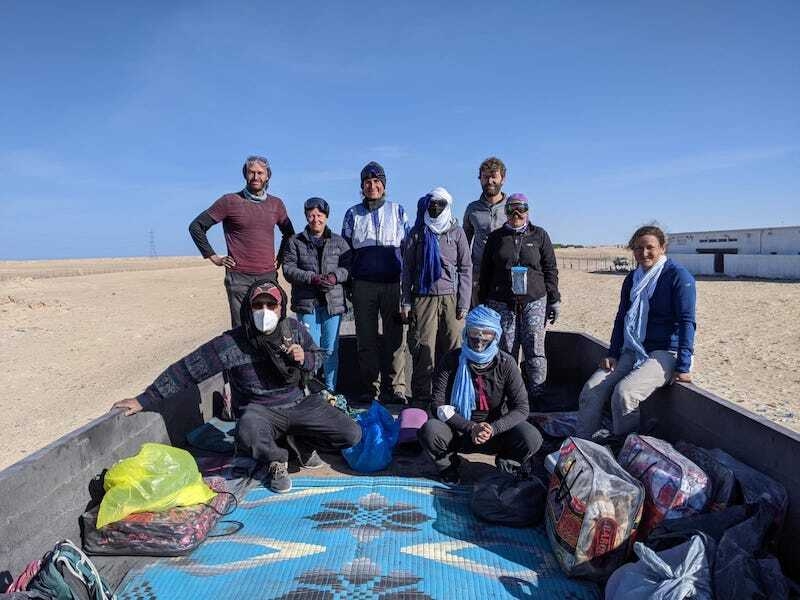
Another nugget of wisdom came to mind after our call, Mark Twain’s observation that “20 years from now you will be more disappointed by the things that you didn't do than by the ones you did do.” Lupine and its founder are proof that challenging your preconceptions and leaving your comfort zone can yield some fascinating experiences - the question is, are you willing?
Check out the Lupine Travel website for more details and, if you’re hungry for more inspiring travel content, subscribe to the Bradt Guides Travel Club for 5% off your trip. Meantime, as we couldn’t squeeze them into the article, here are some more epic images to whet your appetite…
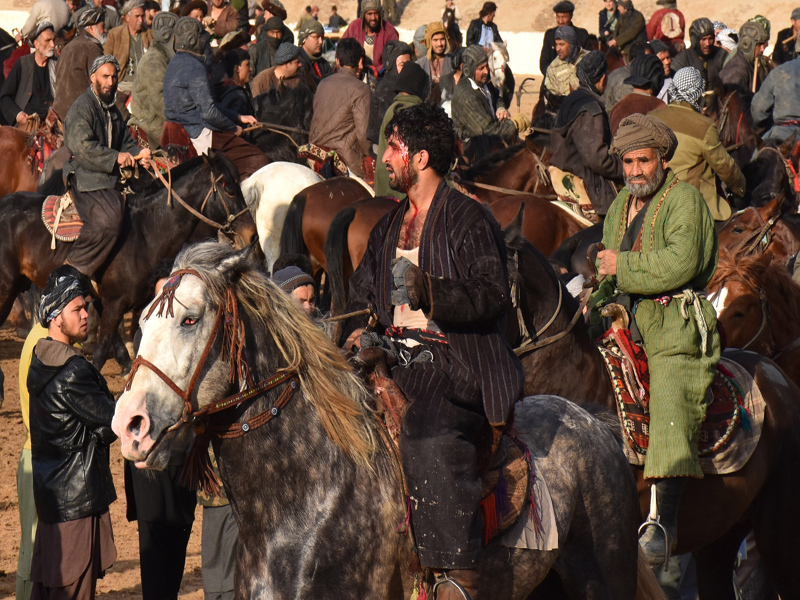
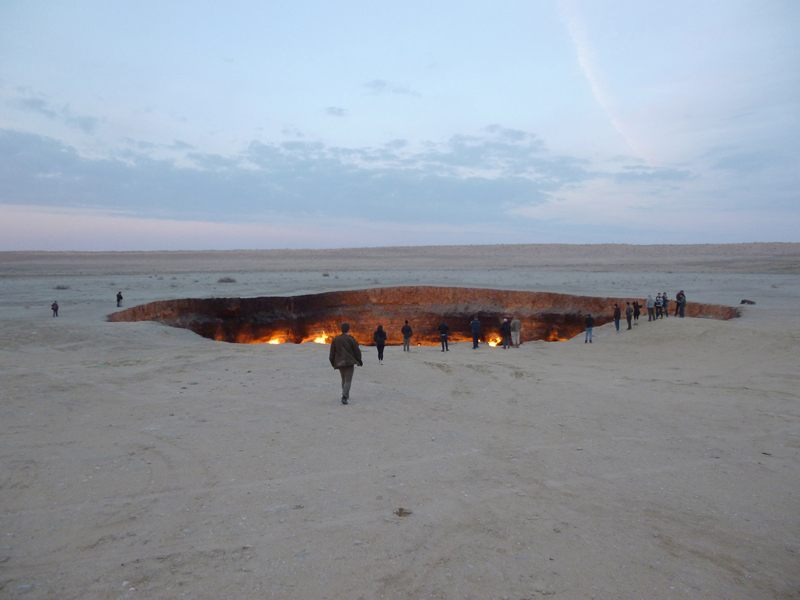
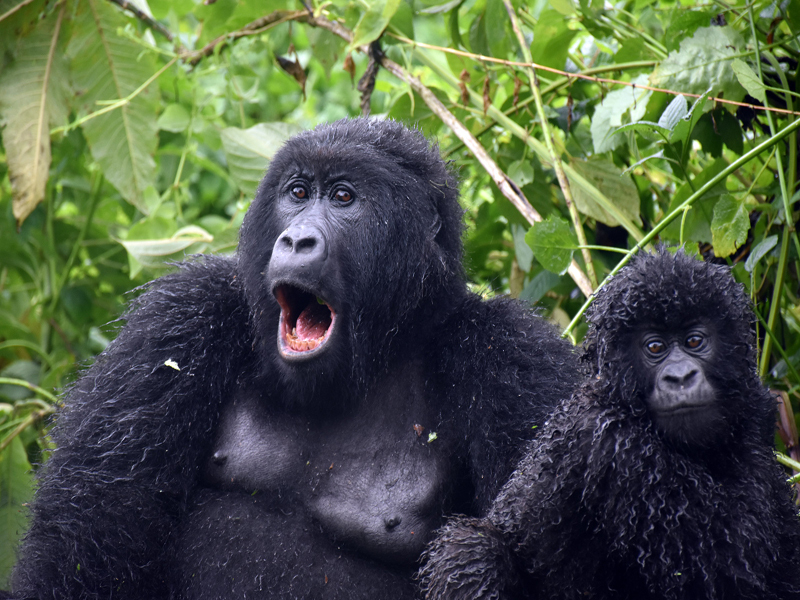
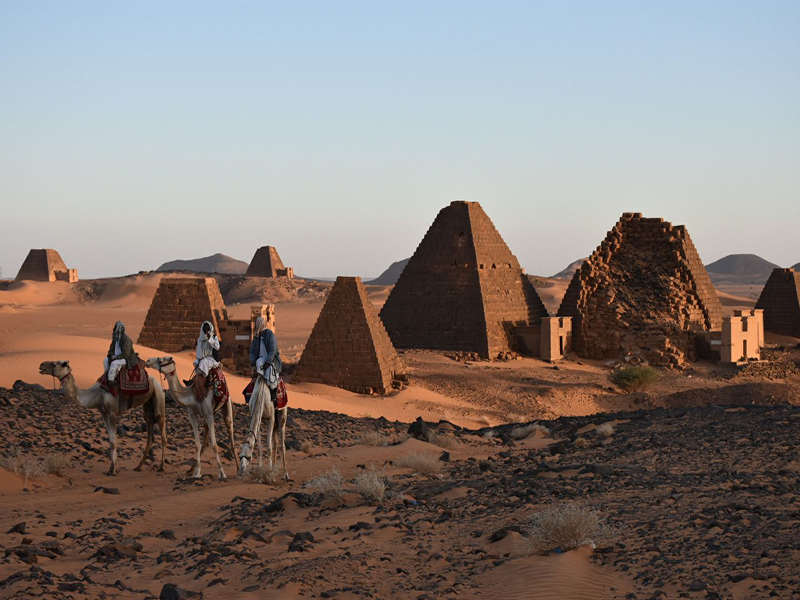
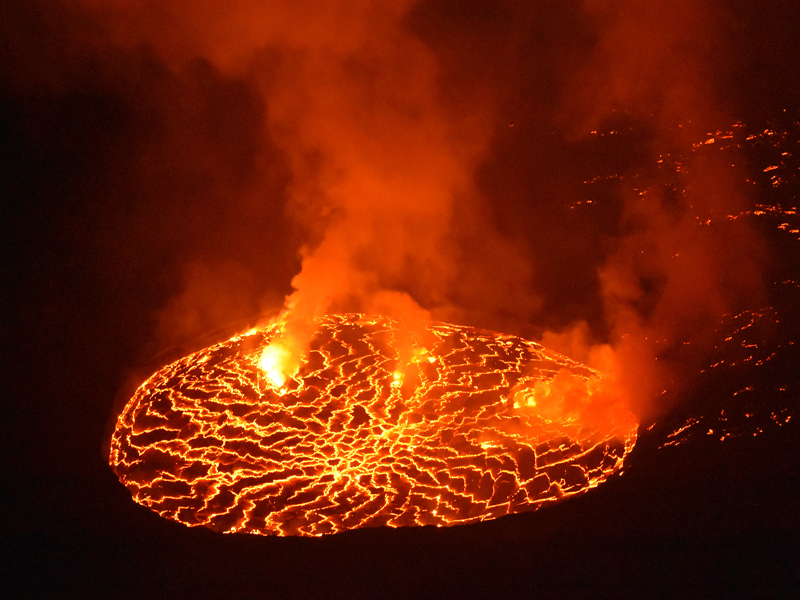
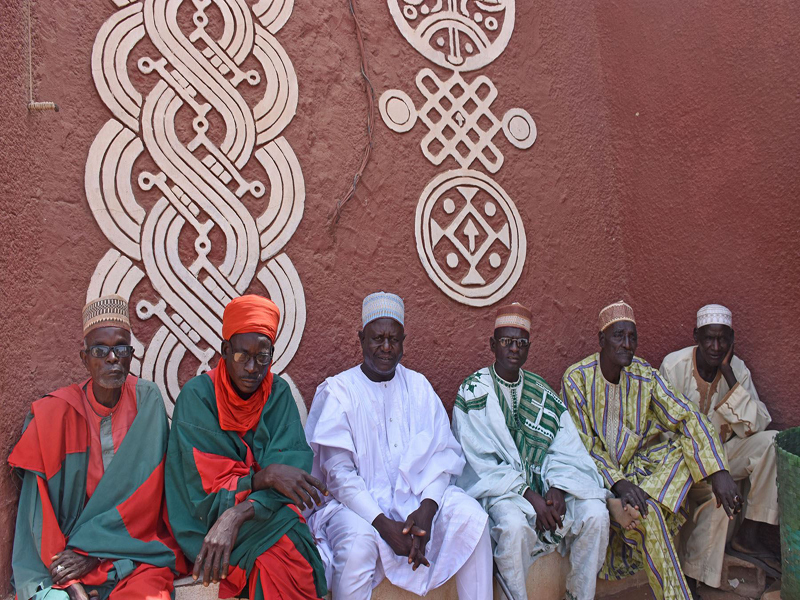
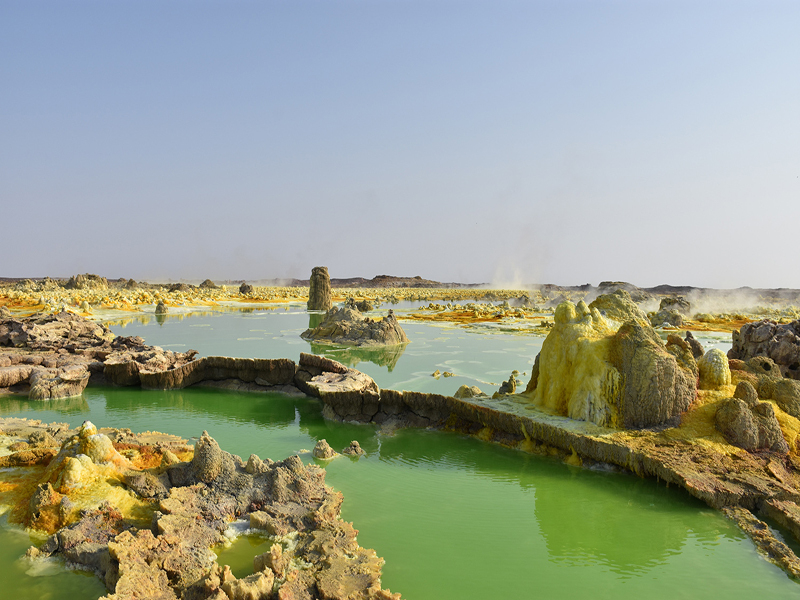
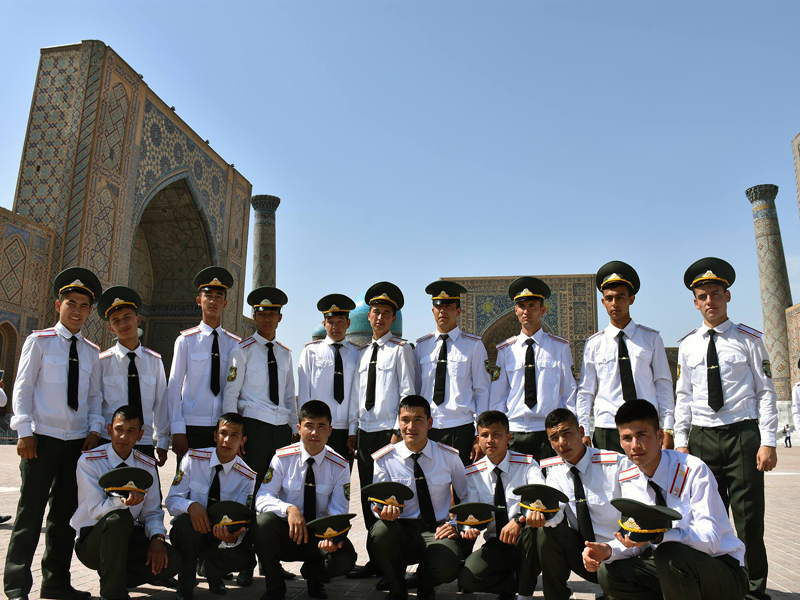
Main image: Yngwie Scheerlinck
Read next: From Ayvalık’s ‘garbage ladies’ to trailblazing hotels: A sustainable trip to Turkey
Get the latest news to your inbox
Get the latest food & drink news and exclusive offers by email by signing up to our mailing list. This is one of the ways that Confidentials remains free to our readers and by signing up you help support our high quality, impartial and knowledgable writers. Thank you!








